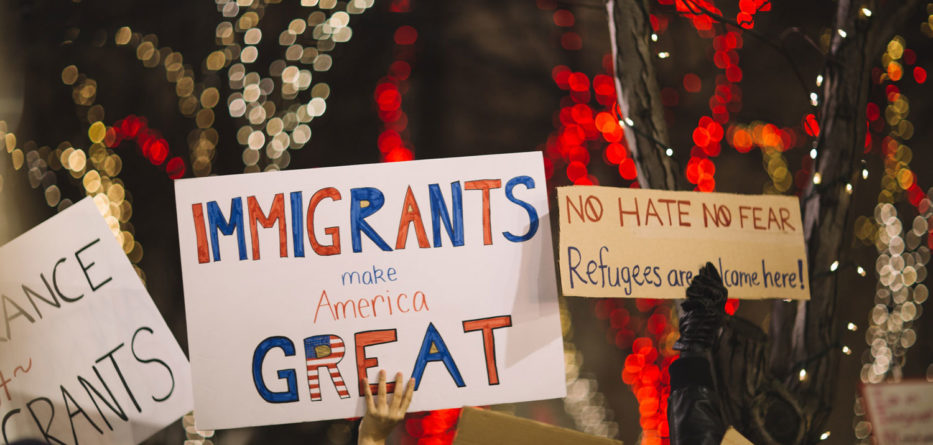As some of you may already know, the federal government has made some recent changes to public charge, an immigration rule that decides whether certain immigrants will become a financial burden on the government. Public charge can make it more difficult for some immigrants to obtain a green card or to be admitted to the United States.
The new rule looks at more, but not all, public benefits programs and went into effect on February 24, 2020. While harmful for some impacted immigrants and to the idea of the United States as a country welcoming of immigrants, the effect of the public charge rule is not as widespread as some would have you believe. Unfortunately, fear, confusion and the chilling effect are key parts of the anti-immigrant agenda. I’m writing today to help fight back against this chilling effect.
First, it is important to remember that the public charge rule only applies to some types of immigrants applying for a green card or visa, primarily those applying through family-based petitions. The rule does not apply to U.S. citizens and exempts broad categories of immigrants.
Those exempt from public charge include those with a U-visa, T-visa, Special Immigrant Juvenile Status, and VAWA self-petitioners. Asylees, refugees and some other immigrants with humanitarian parole (i.e. NACARA, Lautenberg, HRIFA, etc.) are also exempt from the rule. Legal permanent residents with green cards already are also largely unaffected, except for those who leave the country for six months or longer and then return to the United States.
Second, in addition to not being applicable to all immigrants, public benefits use is limited to only certain programs. Under the old and new public charge rule, cash assistance, like TANF and SSI, and long-term institutional care can be considered.
Under the new rule, immigration authorities can now also consider the receipt of federal Supplemental Nutrition Assistance Program (CalFresh), Section 8, federal public housing and federally-funded Medi-Cal (with exceptions for emergency services, children under 21 and pregnant women/new mothers) received after February 24, 2020 for some immigration applications filed on or after the February 24, 2020. The new rule is not retroactive and will not consider these new public benefits received before February 24, 2020. Other programs, such as unemployment insurance, WIC, Medicare, state funded Medi-Cal, CHIP, social security retirement and school meal programs are not considered for public charge. Even then, many of the immigrants potentially subject to the new public charge rule are ineligible for the affected public benefits programs anyway.
Third, public benefits received by other household members, such as a spouse or a child, do not count against the immigrant. Public charge only looks at benefits received by the immigrant directly. For example, in a mixed-status family with documented children and undocumented parents, children receiving impacted public benefits like federally funded CalFresh would not impact the public charge determination of their parents, if the parents are subject to the rule at all.
In addition, the federal government has stated that COVID-19 testing, treatment, and preventative care (including a potential future vaccine) will not count towards public charge.
Unfortunately, some in our community are forgoing or disenrolling from public benefits to avoid potential public charge issues because they believe that they could jeopardize their immigration status, whether it actually impacts their family or not. Families in this situation could put their health and well-being at tremendous risk, especially in the midst of a global pandemic.
Public charge does not affect all immigrants or immigration applications, and does not apply to all types of public benefits. Immigrants with questions about public charge should speak to a qualified attorney familiar with immigration and public benefits about the potential impacts of the new public charge rule.
Together, we can fight the fear and misinformation around public charge, empower immigrant communities and counter the chilling effect impacting so many immigrant families.
Nghi Huynh is a Staff Attorney at the Asian Law Alliance.






